*Warning: This article includes references to child sexual abuse and may not be appropriate for all audiences.
Victor and his staff were inside the church when the angry group arrived. The gates were locked, as is common in this dangerous community in Colombia. But the group pounded on the gates, shouting and threatening Victor, the church and their families.
What prompted this attack? The church had gone to the police with a report that a father had been sexually assaulting his daughter. The angry group demanded the father’s release from the police, as he was the provider for his family.
Child Sexual Abuse Is a Scourge Around the World
When Compassion asked our 25 national offices which one issue they believe is most negatively impacting the children they serve, six of the countries said child sexual abuse. Children in poverty are especially vulnerable to sexual abuse.
The powerless are often the target for abuse.
We read in the news of those in positions of power who protect the perpetrators, rather than the child victims of sexual abuse. But there are also people willing to stand up to the darkness and fight for the rights of children. It takes bravery, and it often costs them. That’s why we want to highlight some of the churches around the world who are standing up to violence against children.
The Churches Teaching Child Protection and Child Rights
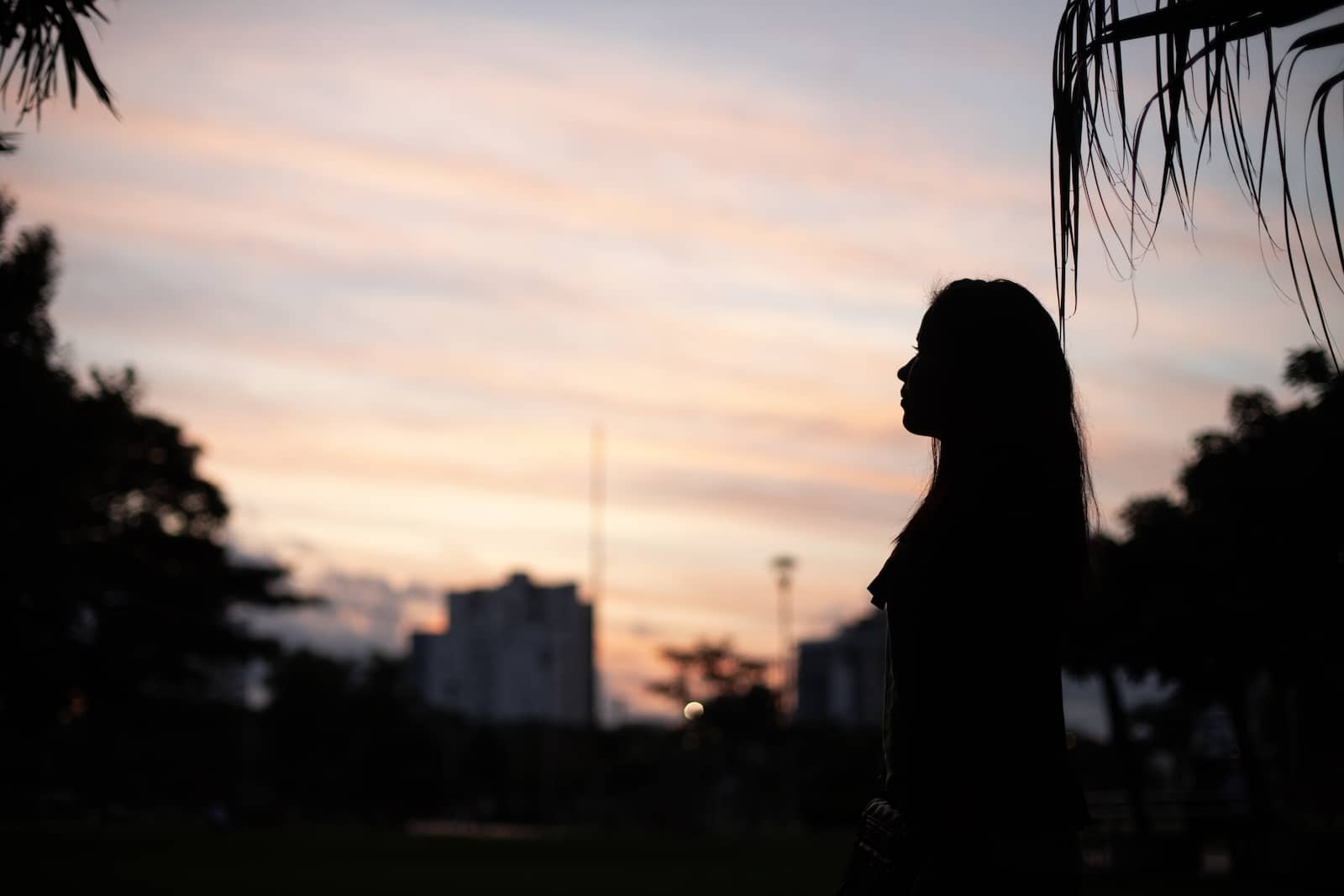
The first time it happened, it was a family friend. Esperanza* was just a little girl. She had gone to pick fruit in the fields in rural Bolivia. The second time, she was 9 years old. It was her brother-in-law. She started sleeping at a neighbor’s house to escape the brother-in-law’s advances. There, her neighbor’s son abused her. And because at home she shared a bed with her brother, he also became her abuser.
By the time Esperanza was a teenager, four different people had raped or sexually assaulted her. This is a plague in Bolivia, where 1 out of every 3 girls experiences sexual violence before they turn 18.
It’s also a global plague.

In response to this global issue, all Compassion staff worldwide are trained to both prevent and respond to abuse within the laws of each country. Through Compassion’s age-appropriate curriculum, children are learning what sexual abuse is, how to prevent it, and what to do if it happens.
One day, Esperanza’s tutor at the church-based Compassion center taught a lesson about sexual abuse from Compassion’s curriculum. Esperanza didn’t understand what had happened to her until that day. Out of fear, she chose not to tell anyone about the abuse. But through the lessons and spiritual support at the center, Esperanza started to learn that it wasn’t her fault. She began to replace the lies sexual violence had taught her with the truths of the Bible.
“Thanks to the Compassion program, my healing started,” says Esperanza. “God never abandoned me. The center staff taught me to trust in Him. That’s what gave me hope to go on and find meaning in life, despite the circumstances.”
Around the world, Compassion’s church partners are teaching children about their rights. They are teaching them that they have a right to be protected. And they are teaching them what to do if something does happen.
The Churches Preventing the Online Sexual Exploitation of Children
In the Philippines, unsuspecting children are being victimized and exploited by a newer kind of evil — the online sexual exploitation of children (OSEC). In 2015, the Philippines Department of Justice received 2,000 referrals per month of the live-streaming of sexual exploitation of children. That is double the amount from the previous year. The government is responding by enacting new laws and educating police forces on how to respond.
But the problem isn’t only in the Philippines. The United States’ NCMEC Cybertipline received 4.4 million reports in 2015 of children being exploited online.

Compassion in the Philippines considers battling OSEC as the greatest need in their country today. They are educating local churches and providing them with resources to fight this insidious form of abuse. Compassion Philippines is helping churches form networks with governmental and nongovernmental agencies in order to prevent and respond to this crisis. Recently, Compassion Philippines also held a nationwide conference for pastors, educating and equipping them to combat online sexual exploitation.
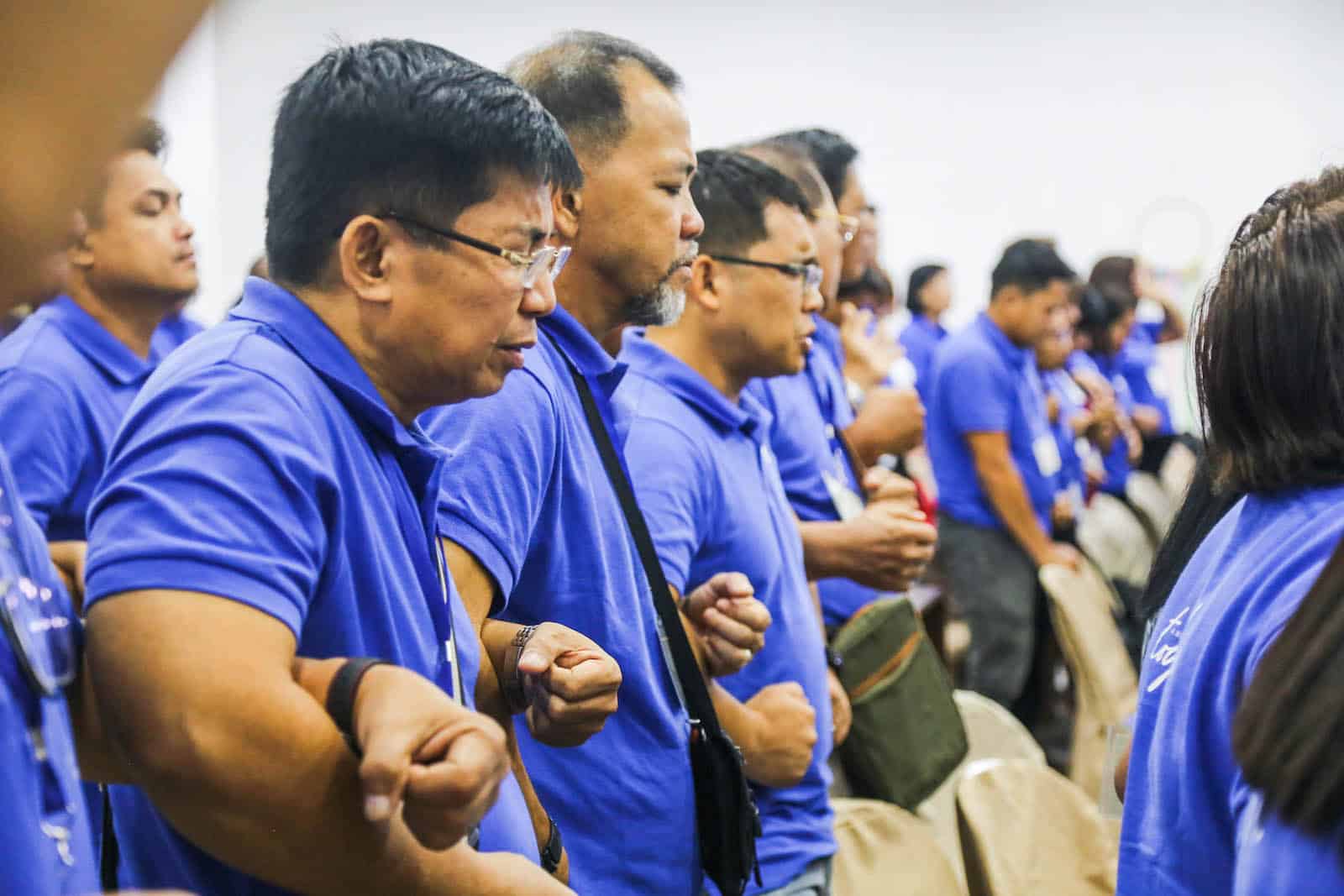
Pastors in the Philippines linking arms against the online sexual exploitation of children.
“The same group that we are ministering to — children in poverty — is the same group that is being targeted by the perpetrators of online sexual exploitation because they are poor and desperate,” says Noel Pabiona, the National Director of Compassion Philippines.
According to Noel, OSEC flourishes in the Philippines because of many Filipinos’ fluency in English, the easy transfer of money, and easy access to local internet shops. The families in the communities Compassion serves are often desperate, and sometimes parents and neighbors turn to prostitution, drugs and violence. Now, some are turning to the monetization of child sexual abuse.
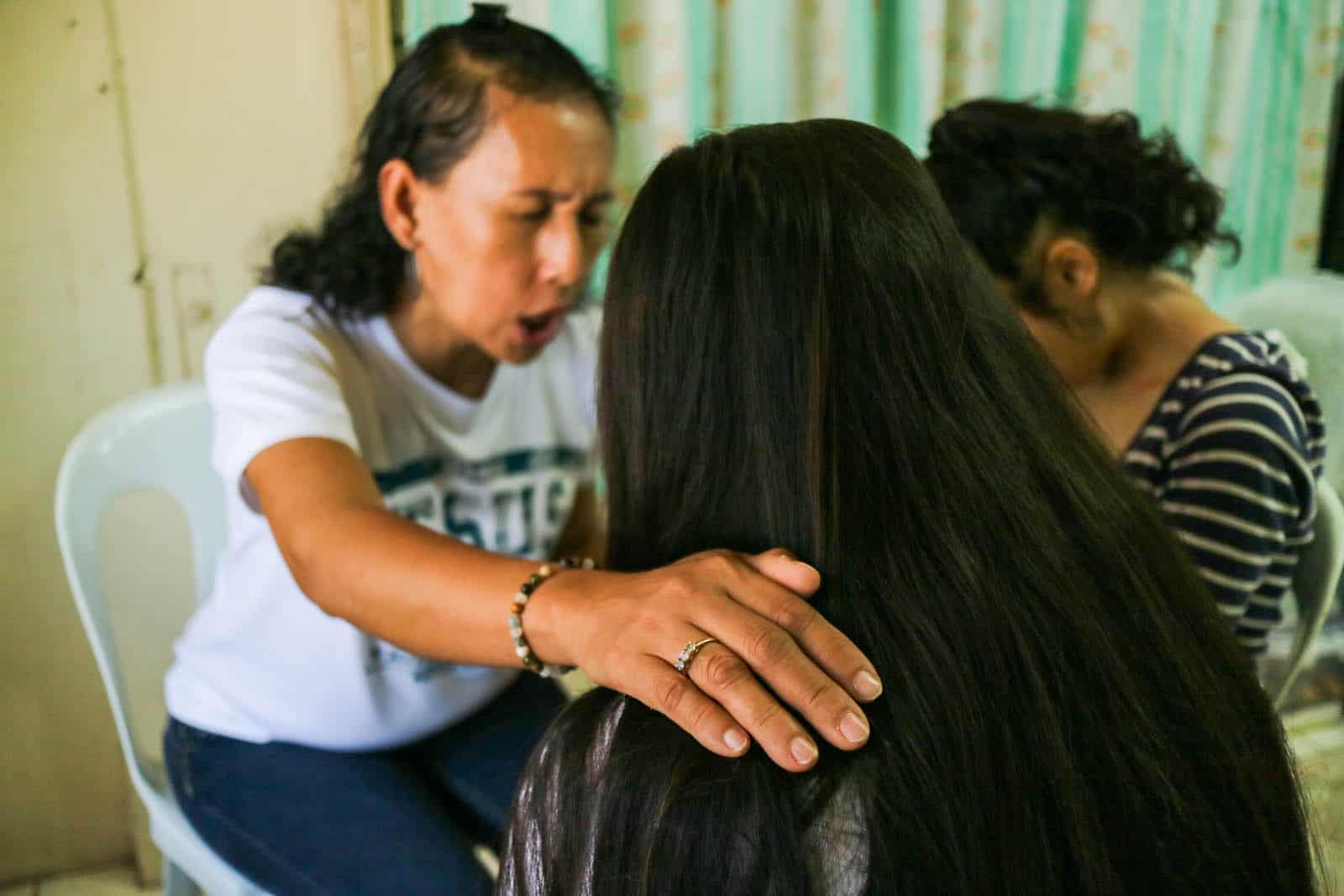
Precy with two of the girls she helped save from online exploitation.
Precy Torreon, a Compassion center Director, is helping stop the sexual abuse of children. With her help, the church filed a case against a neighbor who was abusing children online. They fought the case all the way until the woman received life in prison.
“From that time on, our church has become well-known in the community as an active child advocate,” Precy explains.
“We hear stories about children threatening the local bullies not to hurt them or else they will run to our church for help and get them jailed.”
In some cases, the police have even turned to Precy’s church for advice and support because of their relentless pursuit for justice. In two cases of children attending her center, Precy has learned that it is the parents exploiting their children online. Precy intervened and stopped the abuse. She actively educates other parents about the importance of maintaining the rights and dignity of their children. Like so many of these dedicated Christians around the world, she isn’t giving up.
“I will fight for the children because they deserve to be fought for,” says Precy.
The Churches Preventing the Trafficking of Children
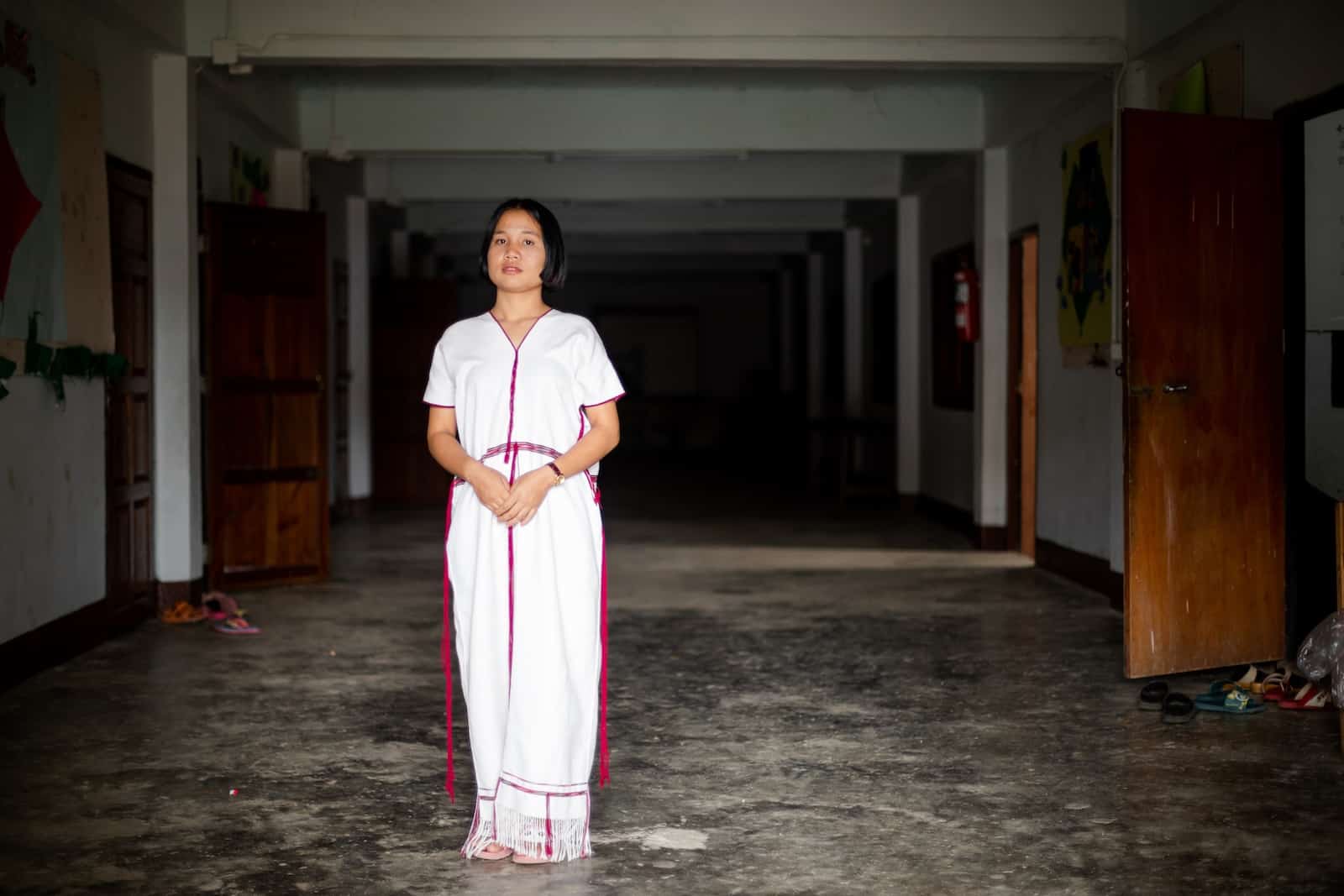
Natlada was 9 years old when her father started a 25-hour walk with his children. Their mother had died, and as a drug addict and alcoholic, Natlada’s father knew he couldn’t care for his children. He hoped to find relatives willing to take them.
Just then, Nared Charoensriwanit, a Compassion Thailand staff member, happened to drive by. He pulled up alongside the family and asked, “Where are you going?” The father’s weary response was, “Somewhere.”
Natlada lives in the Omkoi District of Thailand, known for its illegal cultivation of opium. The poverty in this region is high, with rural areas lacking access to education and health care. Because of families’ depth of poverty, children are often subjected to forced labor. Children also face increased vulnerability to sexual exploitation and trafficking into the commercial sex trade. Thailand has one of the world’s highest reported rates of child trafficking.
But the problem doesn’t exist only in Thailand.

Children like Natlada and her siblings are often the most vulnerable to this type of abuse and exploitation. Nared knew he couldn’t let that happen to them. He took Natlada and her family to a local church partner. The Compassion center Director, Saisiri Banditmahasan, registered the children in the program.
“We just knew we needed to care for these three children,” Saisiri says.
Shortly after, Natlada’s father died. The church has cared for the children since, housing them in their student hostel, ensuring the children are protected from those who would abuse or exploit orphans.
But the church and Compassion center are going further in their work to prevent the exploitation of children. They are providing educational and vocational training, so young people can become self-sufficient. They are also helping children know how to protect themselves.
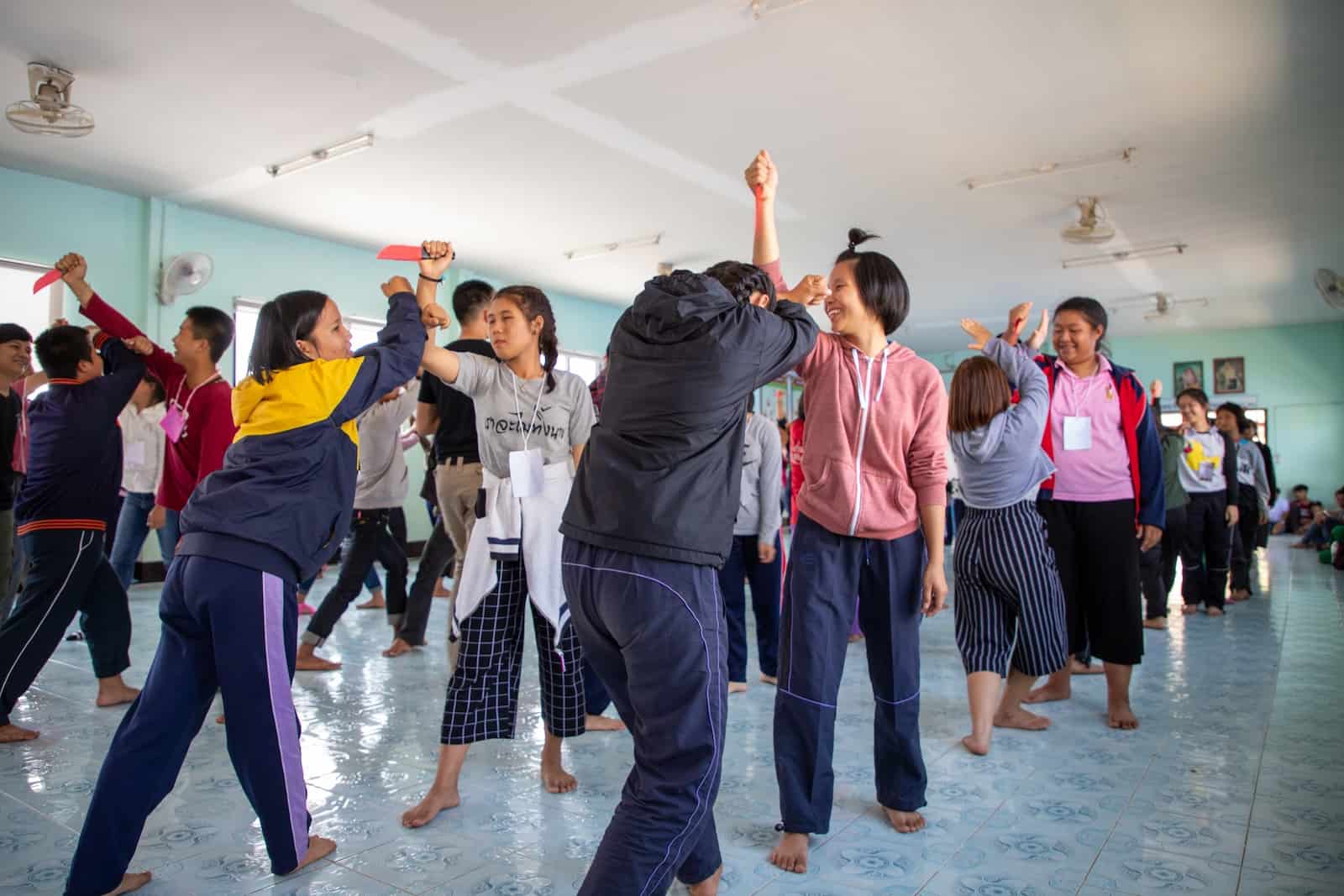
Each year the church holds a self-defense workshop. They teach children about internet schemes that could make them vulnerable to trafficking. They also teach them self-defense techniques in case someone ever tries to assault them.
Natlada is a faithful attender of the center’s life-skills training, along with her regular school classes. Her goal is to become a member of the police force someday. She wants to break the cycle of poverty, addiction and abuse that is endemic in her community.
There Is Hope for Those Impacted by Child Sexual Abuse
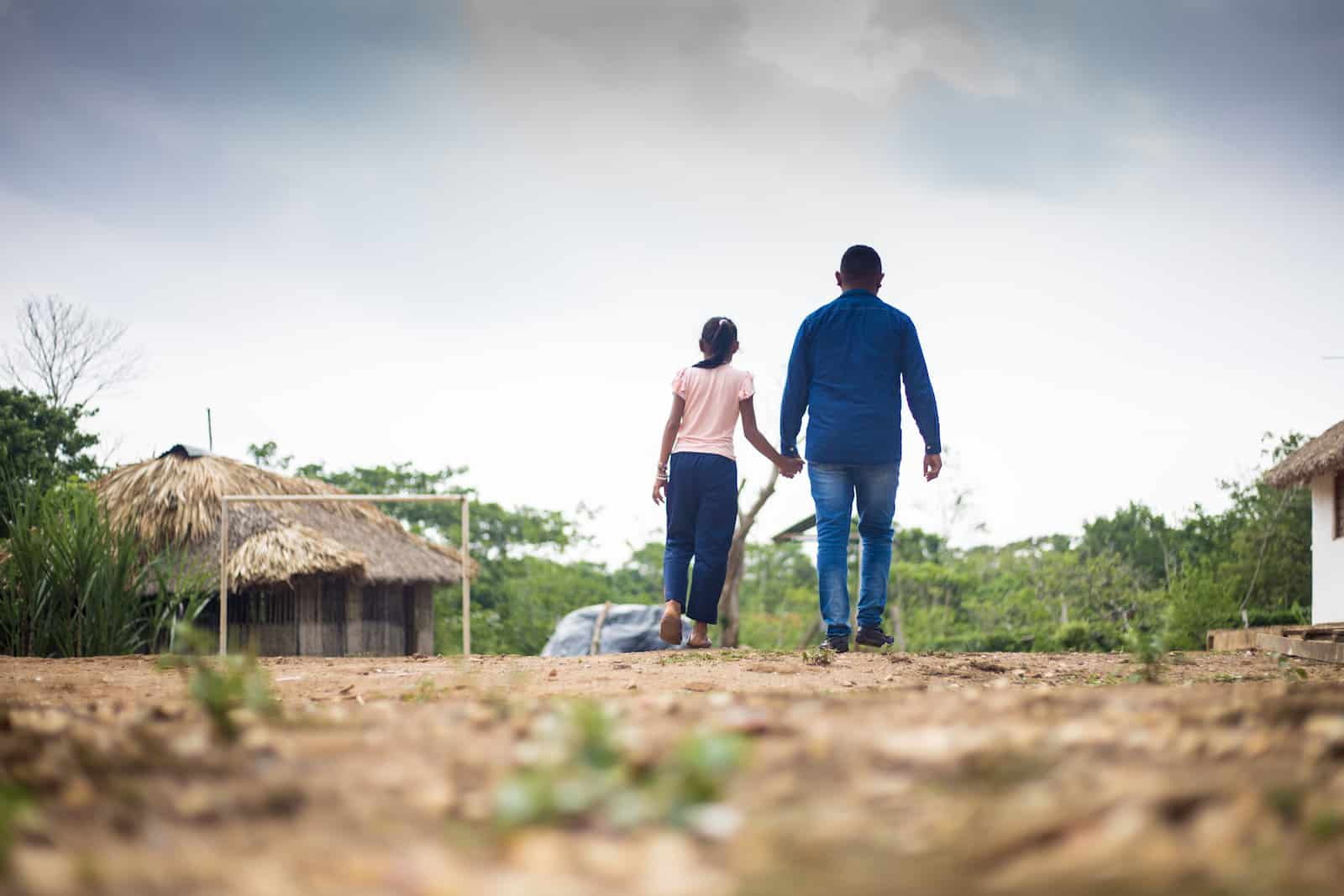
Despite the angry mob outside his church gates in Colombia, Victor did not back down. Laura, a girl at the Compassion center where he is director, had realized that she was being abused. A tutor had taught a lesson about sexual abuse from Compassion’s curriculum. The tutor said that if they ever became a victim, they could ask for help. Afterward, Laura approached her tutor, saying,
“What you said in class is happening to me. At night my father comes into my bed.”
After Laura’s brave action, the center staff helped Laura and her mother report the abuse to the police. They also arranged for Laura to receive the psychological counseling she needed.
But the extended family turned against the church for helping Laura report her father. They started rumors that the church wanted to separate children from their parents. But the church stood fast, knowing they had to protect Laura.
“These have been difficult times for Laura and for us,” says Victor. “Nonetheless, we have risen up as advocates for children, and now the whole community knows that we are here to defend the little ones, whatever it takes.”
Praise God and please pray for people like Victor, Precy and all the others around the world who are bringing hope and help to vulnerable children.
The Lord calls us to speak up for those who cannot speak for themselves. Learn more about how you can be a voice for the voiceless, preventing child abuse.
*We use pseudonyms to protect the identity of the children. Reporting, words and photos by Lina Marcela Alercon, Edwin Estioko, Galia Oropeza and Piyamary Shinoda.
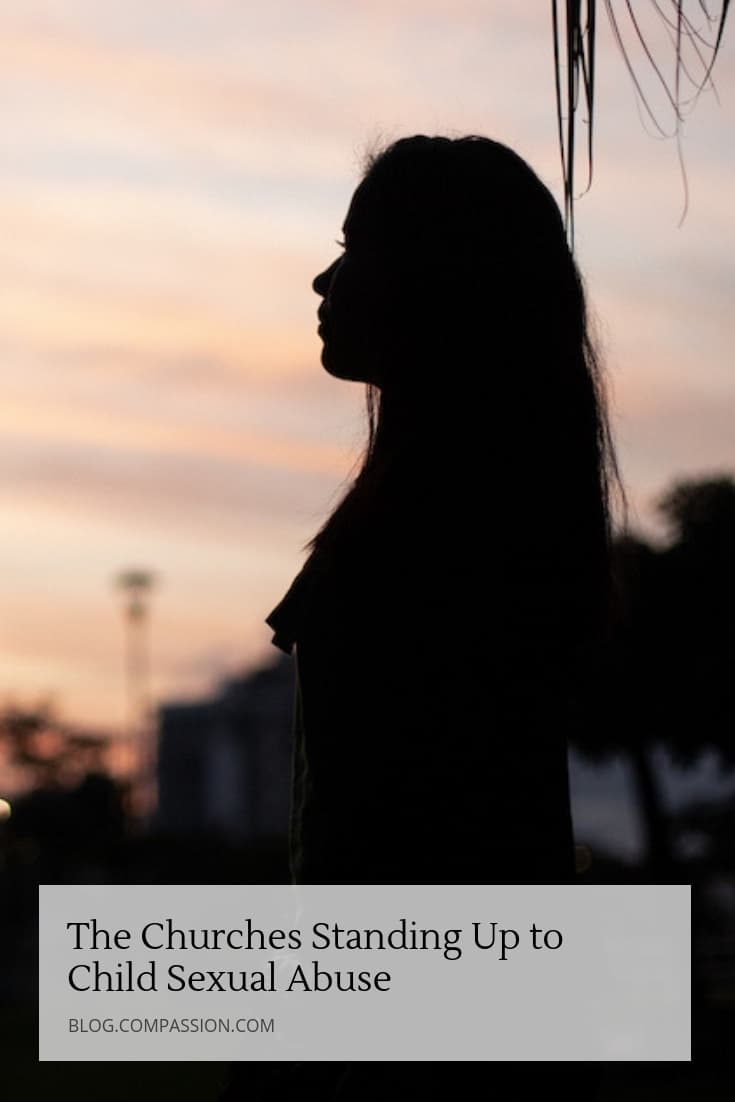

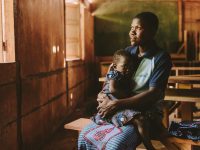
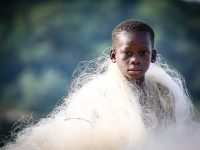
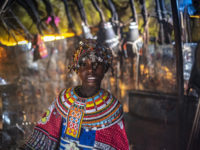
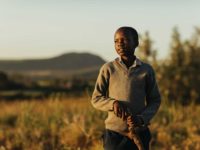


1 Comment |Add a comment
Thank you so much for sharing this piece. So very hard but so very important to hear. I am so very thankful for the work of Compassion – facing the difficult challenges with truth and not losing sight of value of each child in their sphere of influence.